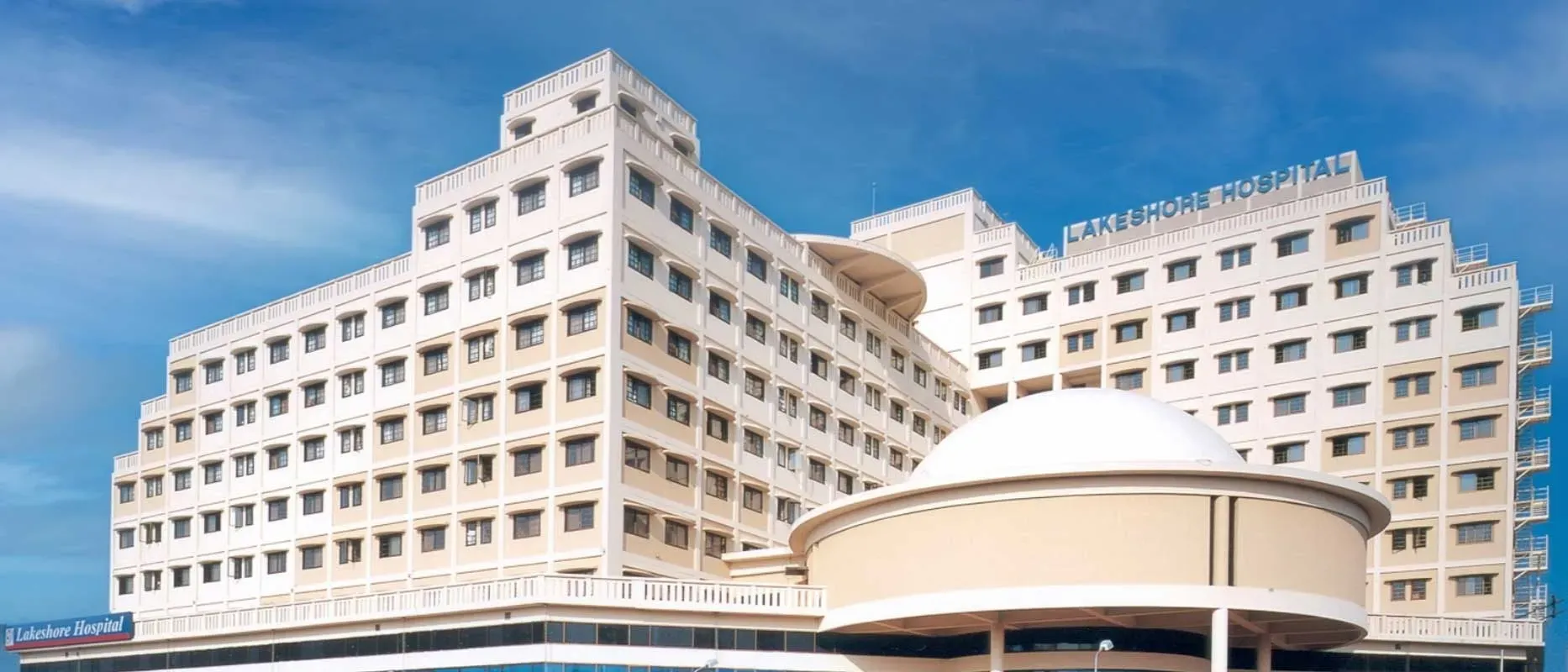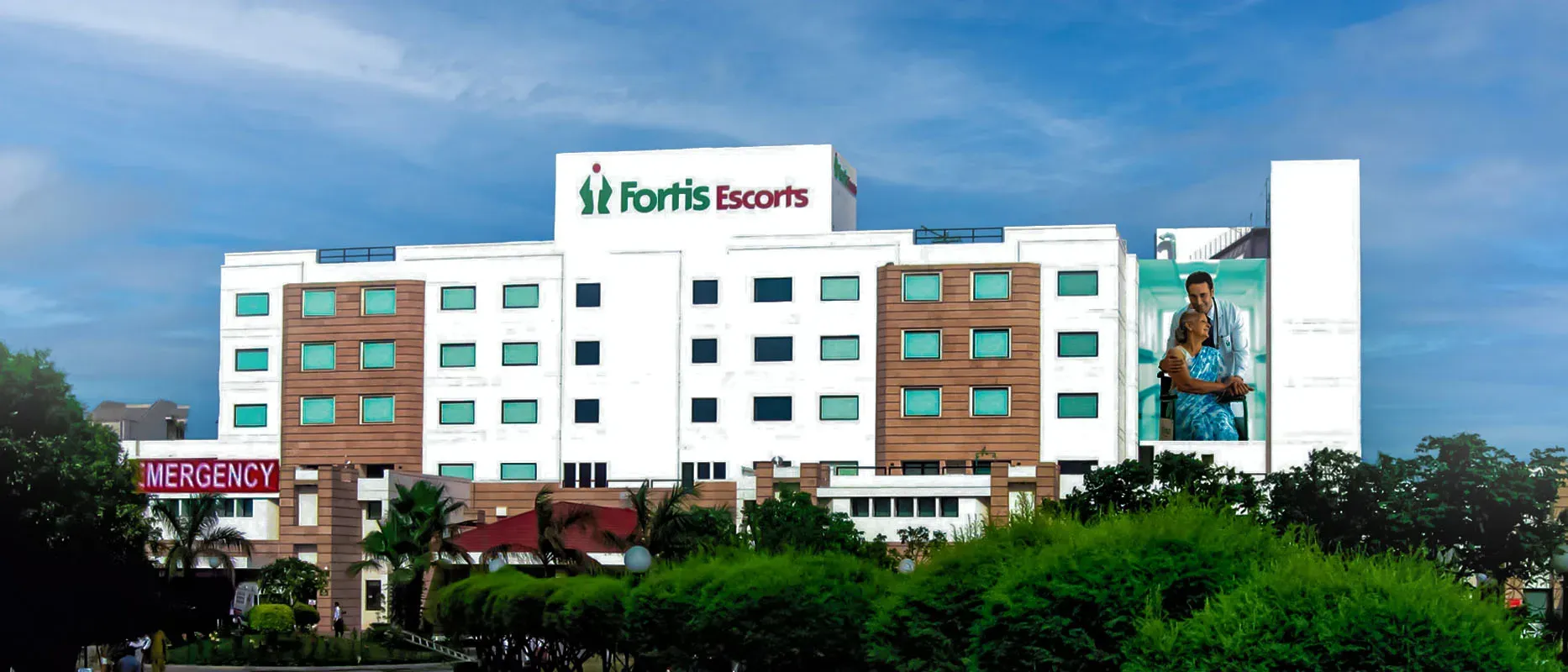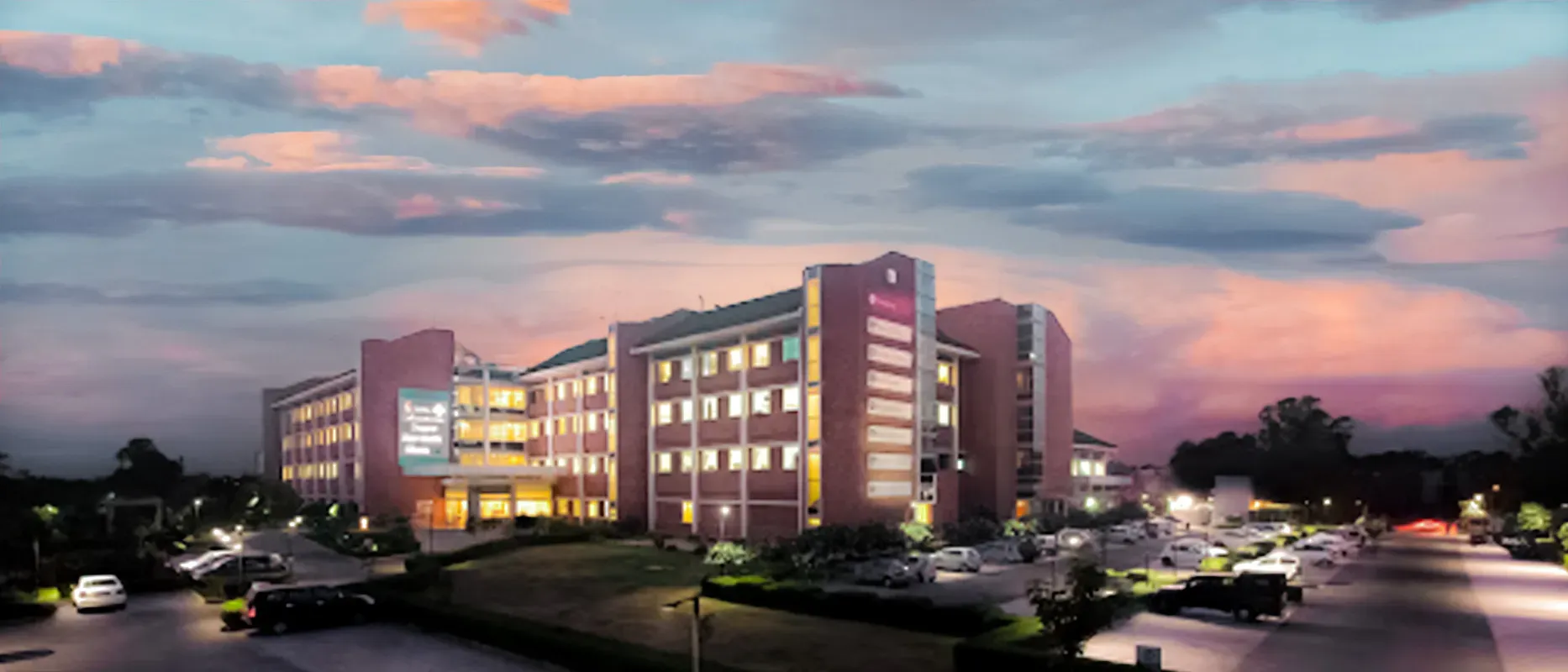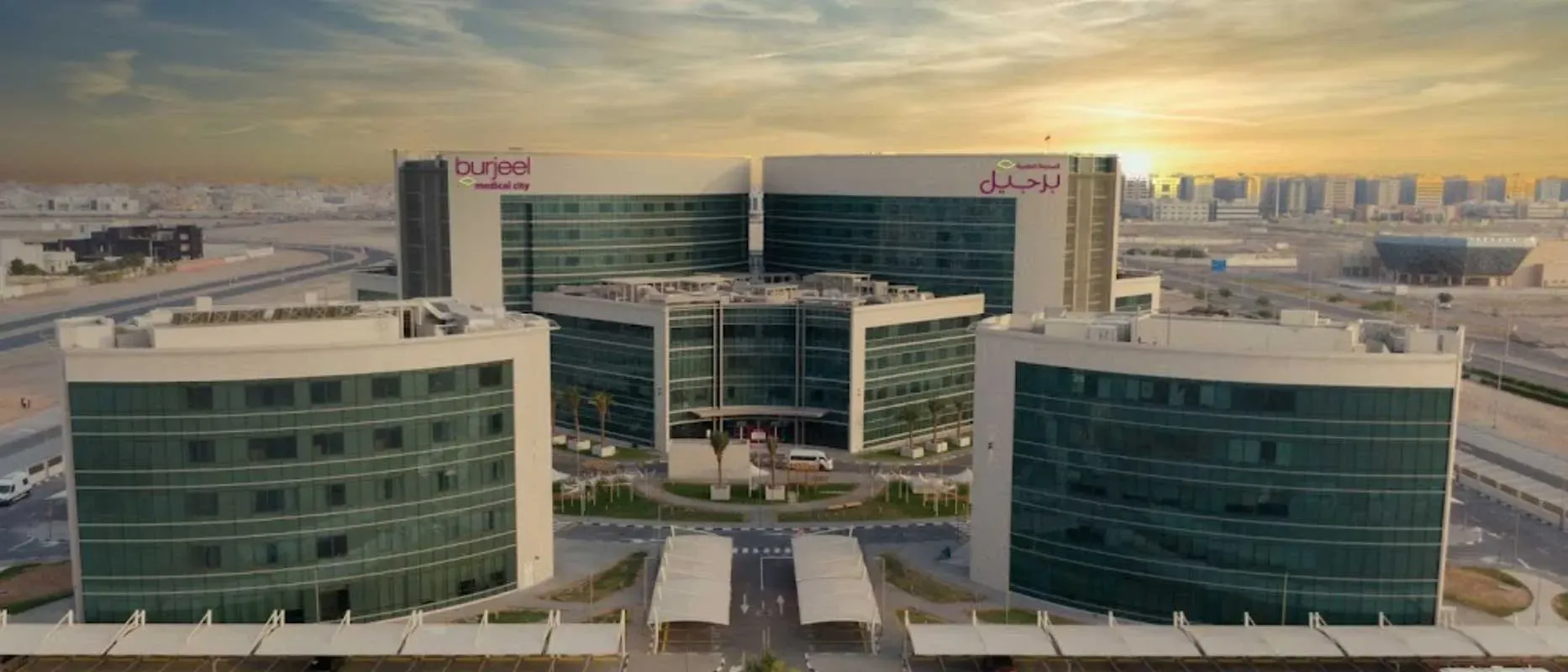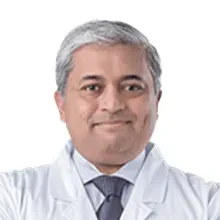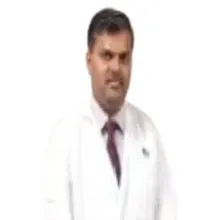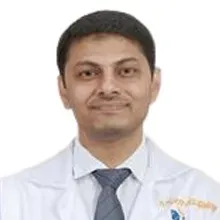Overview of Hernia Herniated Disk Treatment India
The multiple bones present in the back of the spine have cushion-like, rounded structures between them which is known as disc. It functions as a shock absorber and reduces the stress on the back bone. Sometimes the disc becomes ruptured or slipped from its place into the surrounding structures present in the spine, a condition known as herniated disc. When the disc enters the spinal canal where the nerves are present, it presses them and puts extra pressure on them which causes the symptoms of pain and numbness. Herniated discs can be present anywhere in the backbone. It can be present in the neck or lower back which is the most common place for most of the herniated disc cases. When the herniated disc is present in the neck, it can produce symptoms in arms and hands and when the lower back is affected, it causes symptoms in legs and feet. The herniated disc can be due to the traumatic injury or due to degenerative changes with increasing age. Some patients feel little or no pain in herniated discs because the disc hernia is not putting pressure on the nerves present in the canal. The herniated disc can be managed with both surgical and non-surgical methods. Luckily, most individuals can be treated with non-surgical methods and only need surgery in severe cases of herniated disc.
Types of Hernia Herniated Disk Treatment India
There are many ways to manage disc herniation. Following are the types of treatments for herniated disc:
- Rest and self-care
- Medications
- Physical therapy
- Epidural injections
- Surgical intervention
Rest and Self-care
In mild cases of herniated disc, the rest is recommended and hot or cold packs to manage the pain are advised to the patients. The mild cases of herniated disc don’t require aggressive treatments and usually the symptoms disappear after sometime with basic management.
Medications
Nonsteroidal Anti-inflammatory drugs (NSAIDS): these medicines are used to treat pain and swelling caused by herniated disc.
Muscle relaxants: these medicines help to relax muscle spasm caused by herniated disc.
Pain medications: stronger pain medications like opioids can be given to the patient with severe pain.
Epidural Injections
This procedure involves injecting a corticosteroid medication directly into the space around the affected spinal nerve. The medication helps reduce inflammation and alleviate pain. Epidural steroid injections can provide temporary relief, and multiple injections may be necessary over time.
Physical Therapy
Some exercises are prescribed to the patients in order to strengthen the muscles that support the spine and improve flexibility. This may include exercises and techniques to alleviate pressure on the affected nerves.
Surgical Interventions
Surgery is generally considered when conservative treatments fail to relieve symptoms or if there are severe neurological deficits, such as muscle weakness or loss of bladder or bowel control. Surgical options for a herniated disk include:
Discectomy: in this surgical procedure, the herniated part of the disc is removed to relieve pressure on the nerves.
Spinal fusion: In some cases, after removal of herniated disc the spine fusion procedure is performed to provide stability to the spine.
Artificial disk replacement: In this procedure, the surgical disc is replaced with an artificial disc to allow the movement in the spine.
Diagnosis of Hernia Herniated Disk Treatment India
Following are the ways to diagnose disc herniation:
Imaging Tests
X-rays: X-rays cannot diagnose the herniated disc properly but it helps to rule out other causes of the symptoms, such as fractures or abnormalities in the bones.
Magnetic Resonance Imaging (MRI): MRI can show a clearer picture of soft tissue in the backbone including the disc. It provides accurate diagnosis with severity of the disc herniation.
Computed Tomography (CT) scan: In some cases, a CT scan may be used to provide additional information about the bony structures and the extent of compression to the nerves present in the spinal canal.
Electromyogram (EMG)
This test measures the electrical activity of your muscles and nerves. It can help identify if nerve compression is present and which specific nerves are affected.
Discography
This diagnostic procedure involves injecting a contrast dye into the suspected disc to evaluate its condition and identify the specific disc causing the symptoms. It is typically used when other imaging tests cannot be performed.
Cost of Disc Herniation Treatment in India
The cost of disc herniation treatment in India ranges from 2000 USD- 3000 USD. The cost may vary according to the facilities of the hospital and the skill of the surgeon. It may also vary according to the complications of individual patients during or after the procedure. There are also different procedures for the treatment of disc herniation, each with different costs.
Cost of different procedure of disc herniation treatment in India:
| Treatment Cost in India |
Min in USD |
Max in USD |
| Disc Herniation |
2930 USD |
3907 USD |
| Prolapsed Disc |
1598 USD |
2131 USD |
| Slip Disc |
2131 USD |
2841 USD |
Symptoms and Risk factors
Types of Symptoms of Disc Herniation
Here are some of the symptoms that are associated with disc herniation:
- Pain
- Numbness.
- Feeling pins and needles.
- Weakness of muscles.
- Pain starting from lower back to the foot.
- Changes in normal functions.
- Radiating pain.
- Loss of sensation
- Muscle spasms.
- Difficulty with certain movements.
- Urinary incontinence.
- Poor bowel control.
- Foot drop due to nerve damage.
Risk Factors of Disc Herniation
There are certain risk factors of disc herniation in following:
Age
The risk of herniated disc increases with age. With increased age, the disc loses its water content and flexibility decreases which can make it more prone for hernia.
Occupation
The type of occupations that involve repetitive activities or heavy lifting or those who excessively bend and twist with no proper instructions have higher risks for herniated discs in some stage of life.
Genetics
If the family history is positive for herniated disc, then there is increased risk of herniated disc.
Weight
Increased body weight can increase the stress in the backbone which makes it easier for the disc to herniate.
Sedentary Lifestyle
Lack of exercises can weaken the muscle that provides stability to the backbone. The weakened muscle in the spine can increase the chances of disc herniation.
Smoking
Smoking can cause weakness of the spinal discs which is more prone to injury and herniation of discs.
Poor Posture
Sitting for long periods with poor posture can increase pressure on the spinal discs and increase the risk of herniation.
Trauma or Injury
Fall from height or a car accident can lead to traumatic injury which also includes herniated discs.
Top Hospitals for Spinal Hernia (Herniated Disk) in India
Shaping the future of the healthcare institution and establishing the path to accomplishment.
Top Doctors for Spinal Hernia (Herniated Disk) in India
Empower your Health with the Expertise of Leading Medical Professionals.
Dr. Hitesh Garg Spine Surgeon
Department of Spine Disorder
Senior Consultant
Book Appointment
Dr. Vishal Peshattiwar
Department of Neuro and Spine Surgery
Head
Book Appointment
Treatment Costs for Spinal Hernia (Herniated Disk)
Be the change and be an opportunist in transforming healthcare.
How it's Works
Guiding your Journey from Discovery to Treatment Planning and Beyond.
Discovery
Get a consultation to discover about your treatment
Pre-Treatment
Admission to the best hospital and all pre-treatment facilities
Post Treatment
Get post-treatment follow-up care with medicine fulfillment
Treatment Planning
Hassle-free treatment planning with package & cost estimations
in-treatment
world-class quality procedures and equipment for treatment












